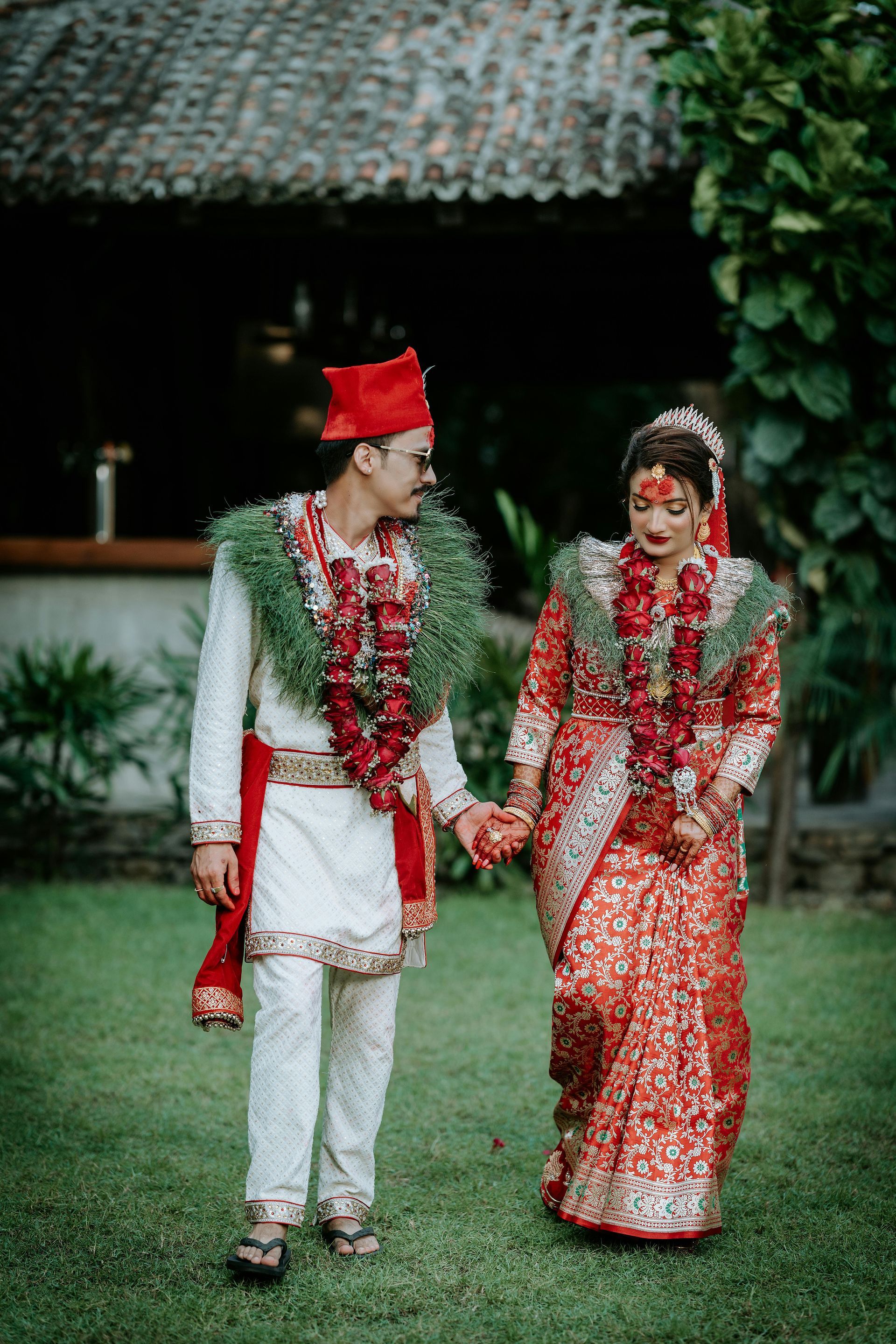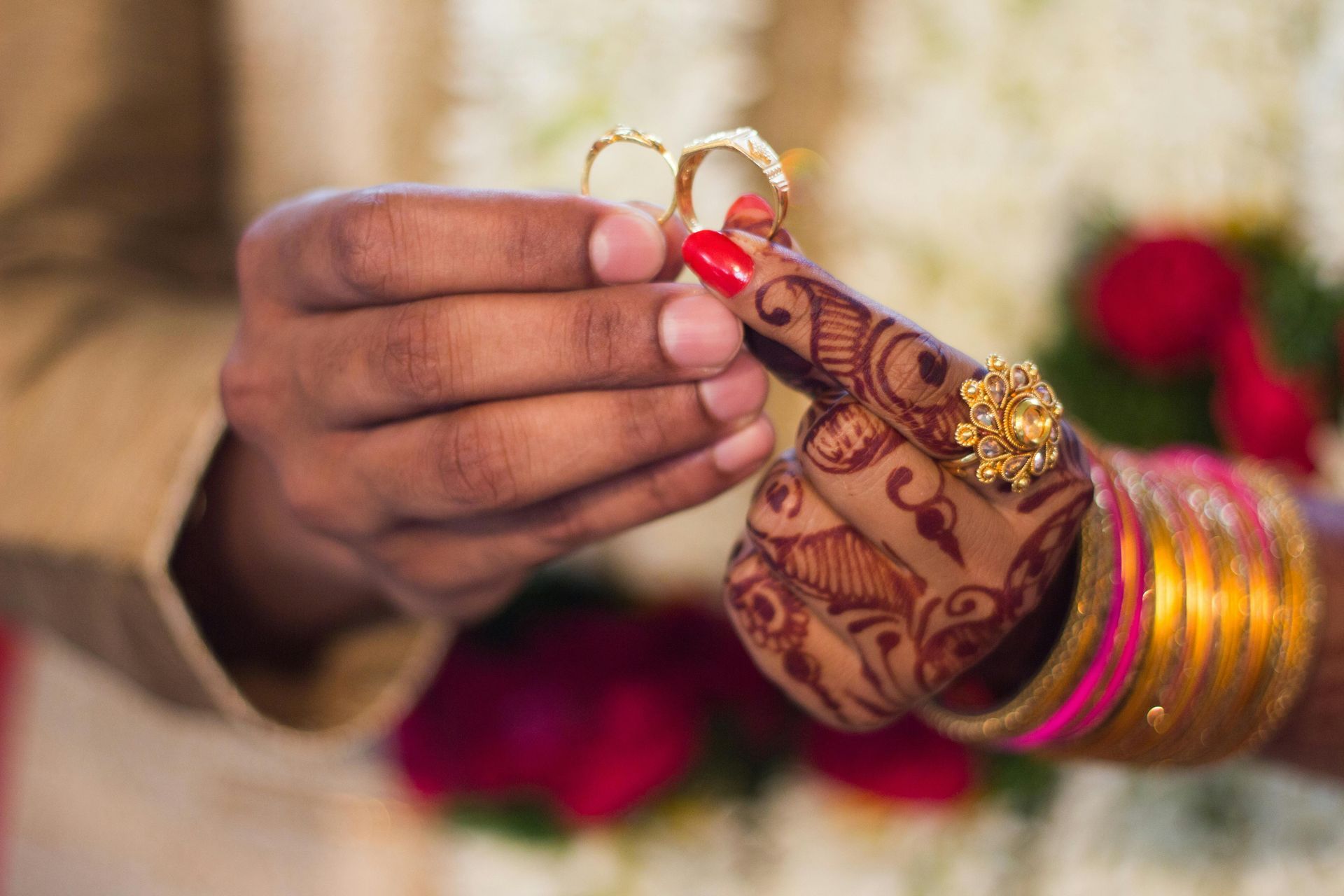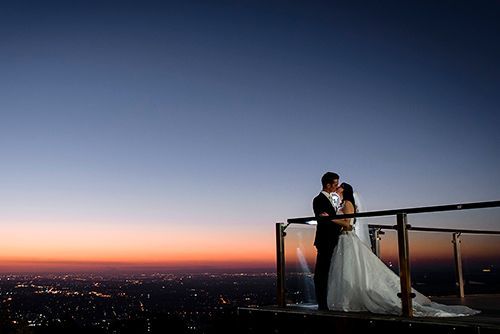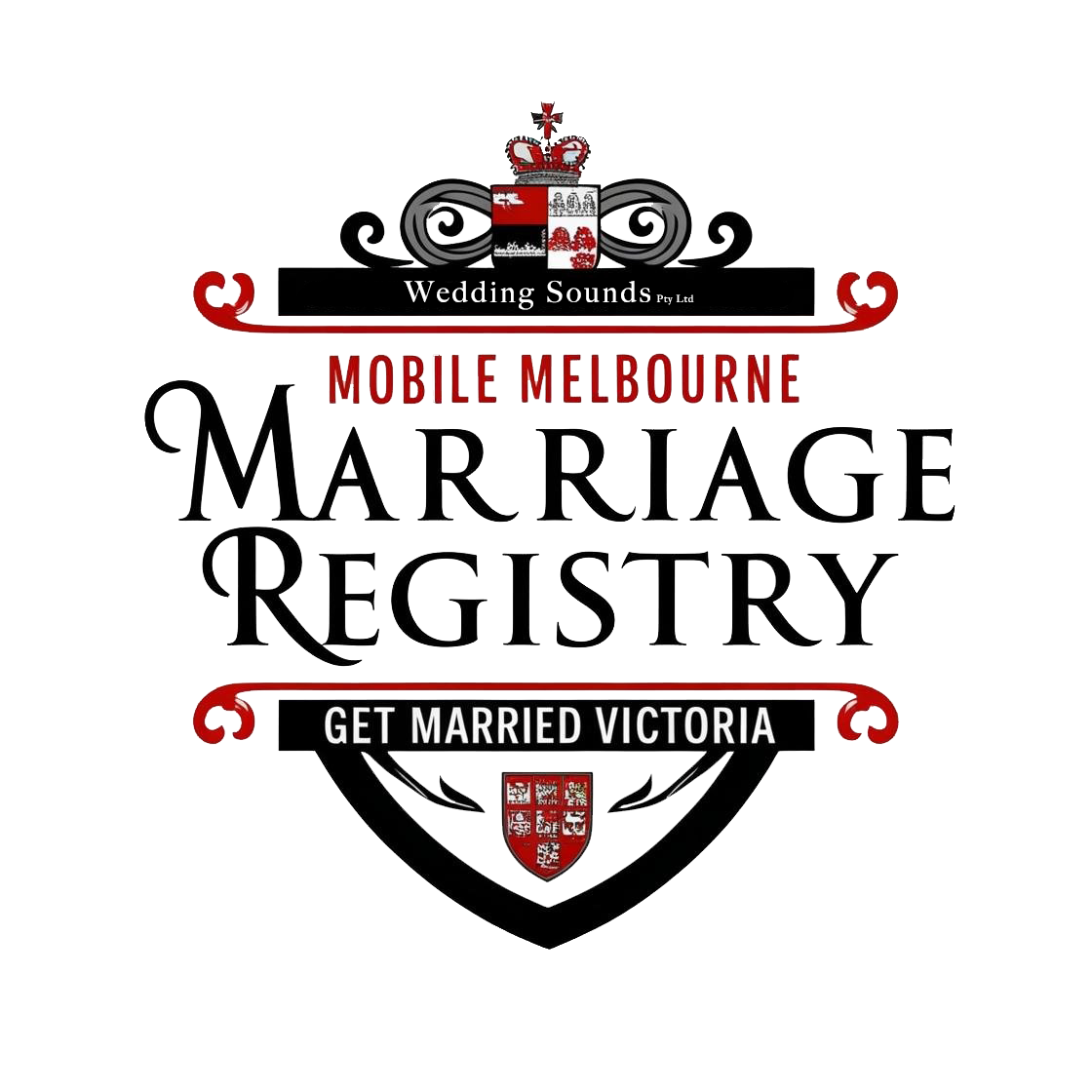How Australia’s Legal Marriage Requirements Compare to the Rest of the World
If you're planning to get married in Australia, you may be surprised to learn that the legal process here is different from many other countries. While the goal is the same—creating a legally valid and recognised marriage—the steps, timelines, and requirements can vary significantly across the globe.
At Get Married Victoria, we specialise in making the Australian legal marriage process easy, especially for couples who are used to international procedures. Whether you’re from overseas, recently migrated, or planning a destination wedding in Australia, here’s what you need to know.

Key Differences in Australian Marriage Requirements vs. Other Countries
1. One-Month Notice Period
Australia: You must lodge a Notice of Intended Marriage (NOIM) with an authorised celebrant at least one monthbefore the wedding date.
Elsewhere: In many countries, such as the USA or UK, notice periods can be shorter—or in some cases, marriages can happen almost immediately after obtaining a license.
This one-month notice is strictly enforced in Australia unless you qualify for a shortening of time, which is only granted under specific circumstances. (AG.gov.au)
2. No Residency or Citizenship Requirements
Australia: You do not need to be an Australian citizen or permanent resident to marry here.
Elsewhere: In many countries, non-citizens must meet visa, residency, or immigration conditions before they can legally marry.
Australia is one of the most welcoming countries for international couples wanting a legal ceremony without needing residency status.
3. Authorised Celebrants vs. Civil Officers
Australia: You must be married by an Authorised Marriage Celebrant, who is registered with the Australian Government. These can be civil celebrants, religious celebrants, or state registrars.
Elsewhere: Some countries require couples to be married in court by a judge or civil officer, while religious marriages may not carry legal recognition unless registered with the state.
In Australia, a celebrant handles both the legal and ceremonial aspects, which simplifies the process.
4. Specific Legal Wording During the Ceremony
Australia: There are legally prescribed words that both the celebrant and the marrying couple must say during the ceremony for it to be valid.
Elsewhere: While vows are common globally, many countries do not require specific legal phrases to be spoken during the ceremony itself.
If the legally required wording is not used, the marriage in Australia is not legally binding—even if all paperwork is submitted correctly.
5. Two Witnesses Are Mandatory
Australia: The ceremony must be witnessed by two people over the age of 18.
Elsewhere: Witness requirements vary. Some countries only require one witness, while others (like France) may require up to four.
These witnesses sign the marriage certificates along with the celebrant and couple.
6. No Blood Tests or Medical Exams
Australia: There is no requirement for medical testing or blood tests.
Elsewhere: In countries such as Indonesia, Mexico, or certain U.S. states, couples may be required to undergo health checks before a marriage license is issued.
Australia’s approach is simple, straightforward, and paperwork-focused.
How Get Married Victoria Can Help
Navigating marriage laws across borders can be confusing—but we make it easy. At Get Married Victoria, we:
- Guide you through lodging your NOIM
- Help international couples get married in Australia legally
- Provide letters for visa or immigration applications
- Offer mobile ceremonies across Melbourne and regional Victoria
- Assist with shortening of time applications if needed
Whether you're comparing marriage laws or relocating from overseas, our team ensures your Australian wedding is simple, legal, and stress-free.
Planning to Get Married in Australia?
If you're from overseas or just want a no-fuss legal ceremony, visit www.getmarriedvictoria.com.au to learn more or book your ceremony today.
For full legal reference, explore:




